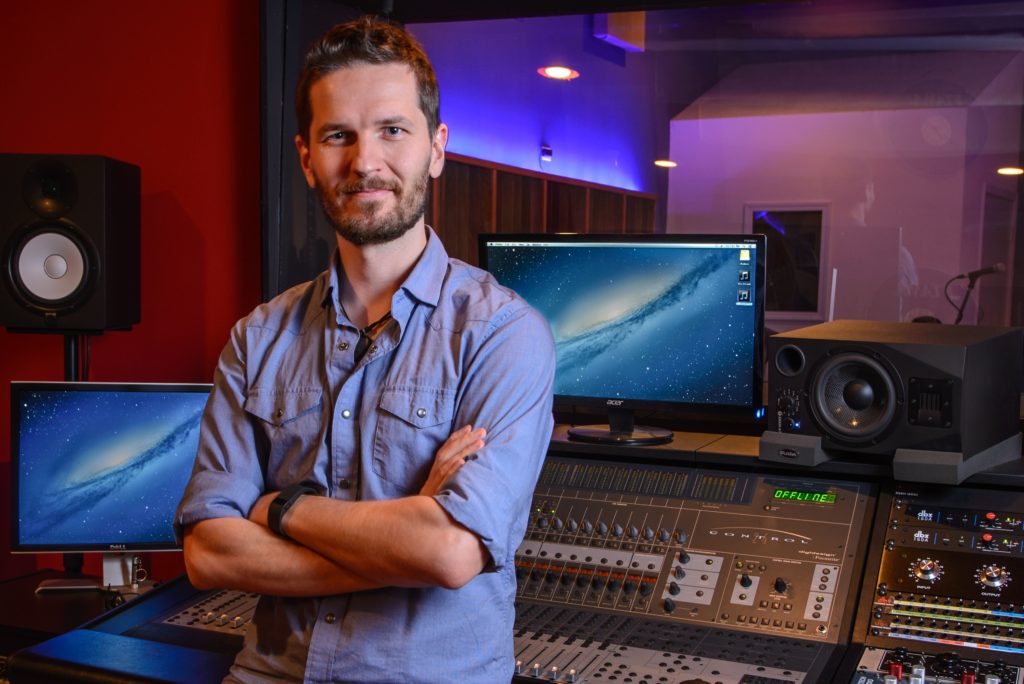![]()
The ESTJ personality type is usually one of the most forceful and productive personality types in the system. These hard working, natural leaders will usually find themselves in college because they prefer to be in charge, and to do that you usually need academic credentials. And once they make that decision, nothing can get in their way. Keep reading to better understand how this driven personality type can and will make the most of their academic forays.
The ESTJs Learning Style
ESTJs are practical, down to earth people who don’t mind taking the difficult path to what they want and leading others down it as well. Their dominant function 1, extroverted thinking, makes them dedicated to completing tasks, and the ESTJ will rarely if ever leave a task unfinished once they start. These qualities make them good hands on learners, who prefer to interact with what they are trying to learn. Abstract ideas and procedures are of no interest to this type, they need to see the concrete, immediate value of knowledge to be interested in acquiring it.

“ESTJs dominant function, extroverted thinking, makes them dedicated to completing tasks, and the ESTJ will rarely if ever leave a task unfinished once they start. These qualities make them good hands on learners, who prefer to interact with what they are trying to learn.”
Photo by Jacek Sniecikowski on Unsplash
Learning Challenges for the ESTJ
ESTJs are amongst the most practical of the personality types. They enjoy working within set systems and organizing them for maximum efficiency. They also have a deep respect for structures, traditions and the past because of their secondary function 2, which means that they don’t like new or innovative ideas. This can be a major learning challenge for the ESTJ. Any new idea must be properly vetted and trialed before an ESTJ can accept it, which means that new ideas and situations may make them uncomfortable and stressed. Because schooling is all about learning new ideas and ways to do things, the ESTJ may stubbornly resist this part of the process.
ESTJs don’t like abstract ideas and they’re firmly based in the present. Planning for the future holds very little interest for them, which can result in problems when it comes to long term schooling. ESTJs must see a present day, practical use for the things they’re learning to become engaged, and this may lead to them disconnecting from their schooling altogether if they don’t see how it will help them. This can be a major problem for this type, and to keep them interested the people around them need to be aware of this tendency and remind them of the value of schooling.
High School for the ESTJ
ESTJs usually enjoy high school a lot. Their combination of outspoken confidence and their ability to lead usually puts them at the top of the food chain. For ESTJs, high school is a way to practice being in charge of small groups and people and learning how to better encourage others to follow. They also enjoy the social status that comes with being the leader of their social group. Unfortunately, this combination can lead to the ESTJ being seen as a bit of a bully at this stage. This can especially apply to quieter personality types, who find the ESTJ overwhelming, and this is something that ESTJs will need to work on throughout their lives if they want happy and balanced relationships.
ESTJs lead with the cognitive function extroverted thinking. This function is dedicated to getting things done in the external world, completing tasks and working hard. This is the reason why ESTJs are usually strongly associated with productivity, they naturally set up their lives to make sure tasks are completed and completed correctly. And if they’re encouraged to apply this to their school work as well, they can do really well in this context. ESTJs also use introverted sensing as their auxiliary function, 3 which is associated with nearly flawless memory and recall. This function is usually underdeveloped at this stage, but ESTJs can still learn to use it in the pursuit of their higher goals, to achieve and make things happen, for incredible results and success.
The ESTJ in Higher Education
Again the ESTJ will probably enjoy the social parts of college. They will be the natural leaders of everything they become involved in, and a big part of the social structures of their college, if not in charge of them. This will often bring up the same social issues from high school, because their forceful personality does not often change with age. At this stage in their life, they must learn to give way to others sometimes and that they’re not always right, or they can become inflexible to the point of foolishness as they get older. This tendency is due in part to their obsession with getting things done in the most efficient way, which often dismisses emotional concerns and input.

“The ESTJ may struggle to understand why they should change or even question the beliefs they’ve grown up with, and can be quite resistant to subjects and ideas that try to push them out of this mold.”
Photo by Mag Pole on Unsplash
ESTJs may have a little trouble with the academic demands in college. The ESTJ uses introverted sensing as their secondary function, which means that they usually base their actions and beliefs on what worked in the past. This gives them a deep love of tradition, and doing things the way they’ve always been done. This can be a problem in college, in and out of the classroom, with its push to think independently and form new and unbiased opinions. The ESTJ may struggle to understand why they should change or even question the beliefs they’ve grown up with, and can be quite resistant to subjects and ideas that try to push them out of this mold.
Final Thoughts
The ESTJ is a natural leader. They have that presence about them, and once they get the academic credentials to back that up, they’ll usually find themselves in a position of authority no matter what life choices they make. ESTJs are often very sure of what they want from their lives, and once they make the decision that academia is a necessary part of that, they’ll power through any obstacles in their way with dedication and hard work. And a little of that unique and brash ESTJ style.
References
- Dr. Drenth, A. J. “Extraverted Feeling (Fe)“. (Retrieved Jan 2018).
- “ESTJ Friends“. (Retrieved Jan 2018).
- “The Auxiliary Function“. (Retrieved Jan 2018).
- “ESTJ – The Supervisor“.
Footnotes
- This dominant function is how ESTJs make decisions and is based on what will get things done in the external world. Sometimes this function can result in users exhibiting a lack of empathy, as emotions often aren’t a part of this decision making process.
- ESTJs use introverted sensing as their secondary cognitive function. This function is associated with memory and the past and gives this type their respect for traditions.
- The development of the auxiliary function is a necessary developmental step to produce a balanced individual. The secondary function can be developed almost to the same level as the dominant function, and these functions work in tandem to take in information and make decisions.
Leave a Reply